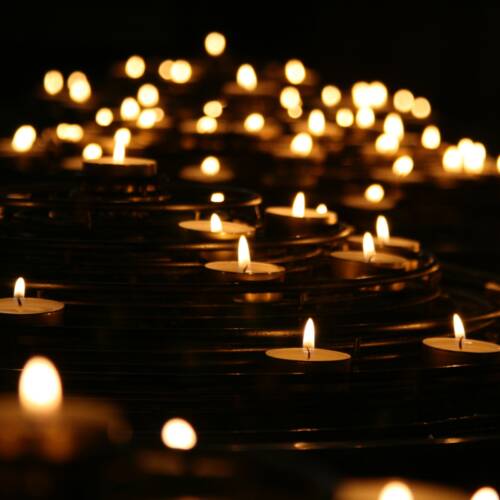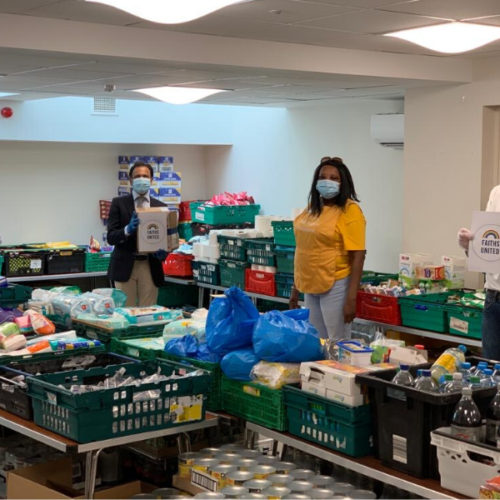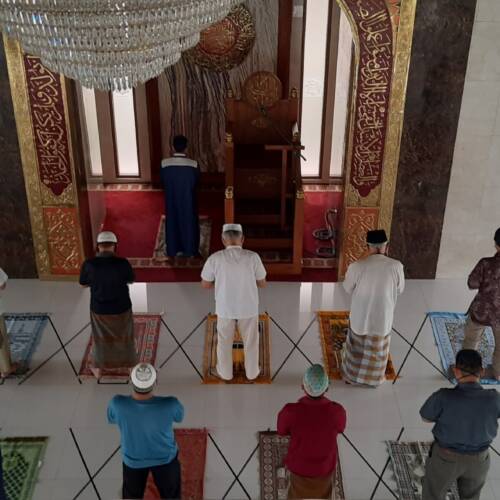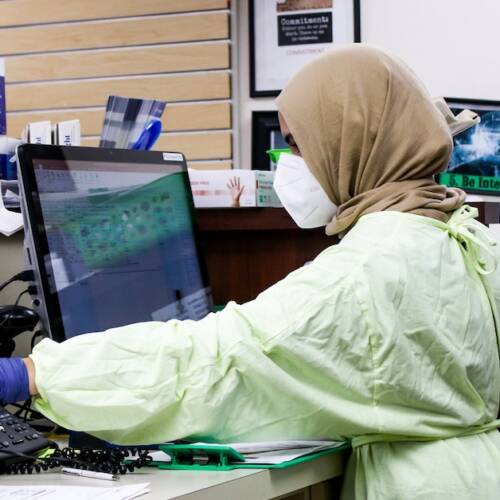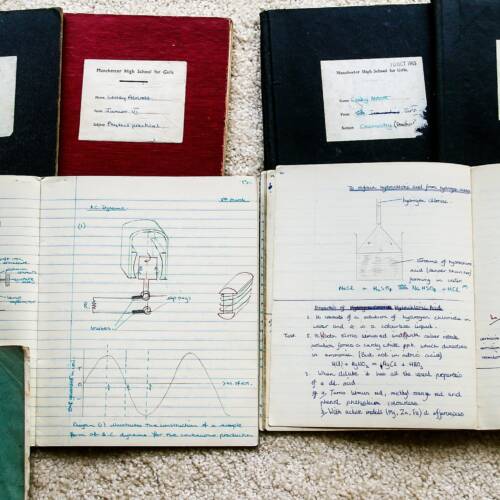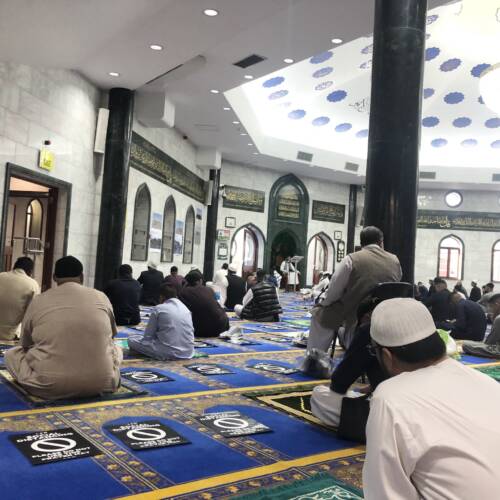
What the Corona Crisis Has Meant for Refugees in Europe and the Middle East
02 Apr 2020Given the quick transmission rate of the COVID-19 virus, there are growing concerns about the virus affecting densely populated refugee camps around the world.
In the Ritsona camp, situated in mainland Greece, 20 residents have tested positive for coronavirus. Government officials have called for a quarantine in response, which will last for a minimum of 2 weeks. The International Organization for Migration (IOM) has also begun distributing food baskets and hygiene kits to the residents.
However, with the crowded living conditions and poor sanitation, it is unclear whether these measures will be effective. Health officials, NGOs and doctors have increasingly called for the evacuation of refugee camps to limit the number of cases of the virus.
In France, buses have been sent to refugee camps in Calais, in order to transport refugees to accommodation centres. Once they reach the centres, migrants are expected to remain there and follow the lockdown procedures. The transfers are voluntary; however, many refugees have expressed their concerns about being forcibly made to stay in the centres, saying they would prefer to continue their attempts to cross the channel.
The work of NGOs in the Calais camps has been greatly hindered by the pandemic. This has led to food and water shortages, worsening the dismal conditions.
A case has also been found in Cox Bazar, in Bangladesh, and the Greek Island of Lesbos, both of which house thousands of refugees.
There are also growing concerns over the spread of the virus in the densely populated refugee camps in Iraq, Lebanon and Syria. The refugees in the region face immense risk, as their displacement due to conflict or poverty has meant that their access to healthcare and sanitation is very limited. Many of the refugees within Syria live in regions outside the government’s control, making the implementation of measures to control the spread almost impossible.
It is thought that travellers to Lebanon were the main reasons for the spread of coronavirus in the region. Many of the infections have been traced to arrivals from pilgrims in Qom, Iran, a religious pilgrimage site for Shia Muslims, who carried the virus to Beirut. Borders between the states have since been sealed in an attempt to control the spread.
There are also concerns that the true number of cases in the region has not been fully disclosed, and aid workers and health officials suggest this could worsen the situation and pose serious health risks.
Henrietta Fore, the Executive Director of UNICEF, has expressed her concern about the overcrowded settlements and lack of sanitation to protect the refugees. Most are without proper clothing or shelter, putting them at a greater risk. UNICEF is currently working to control the possible outbreak, raising awareness of the ways that refugees to protect themselves against the virus. The organisation has also distributed hygiene supplies and medical kits to clinics in the region.
Governments have been encouraged to support refugees by enabling them to access testing and treatment. The distribution of information on how to prevent transmission, which should be available in all languages and for all ages to understand, has also been recommended by UNICEF to limit the risk refugees face.







